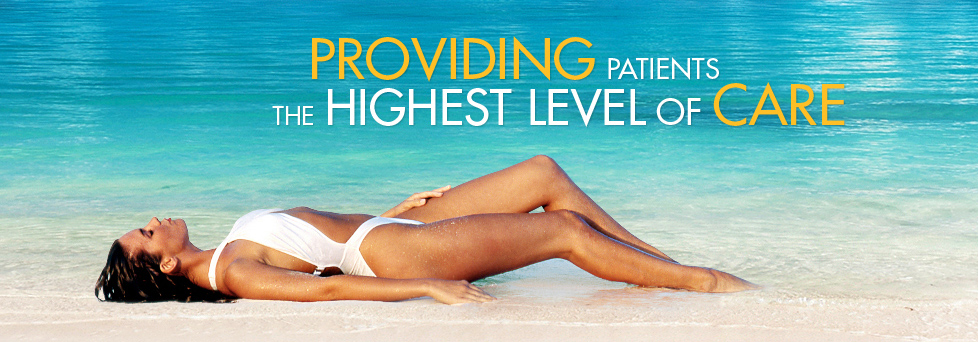Vascular health plays a crucial role in maintaining overall wellness. The vascular system, which includes arteries, veins, and capillaries, is responsible for transporting blood, oxygen, and nutrients throughout the body. When your vascular system is healthy, it supports the proper functioning of your organs and tissues. In this blog post, we’ll explore the importance of vascular health, the impact of vascular conditions on overall wellness, and steps you can take to maintain a healthy vascular system.

The Role of the Vascular System
The vascular system is a network of blood vessels that carry blood to and from the heart. It consists of three main types of vessels:
- Arteries: Carry oxygen-rich blood from the heart to the body’s tissues and organs.
- Veins: Return oxygen-depleted blood back to the heart for reoxygenation.
- Capillaries: Small, thin vessels that connect arteries and veins, facilitating the exchange of oxygen, nutrients, and waste products between blood and tissues.
A healthy vascular system ensures efficient blood flow, which is essential for delivering oxygen and nutrients to cells and removing waste products.
Impact of Vascular Health on Overall Wellness
Poor vascular health can lead to a range of health issues that affect overall wellness. Some of the potential consequences of vascular problems include:
Cardiovascular Disease
Conditions such as atherosclerosis (narrowing of the arteries due to plaque buildup) can lead to cardiovascular diseases, including heart attack and stroke. These conditions can have severe, life-threatening consequences.
Hypertension
High blood pressure (hypertension) can damage blood vessels, leading to an increased risk of heart disease, stroke, and kidney problems.
Peripheral Artery Disease (PAD)
PAD occurs when arteries in the legs become narrowed or blocked, reducing blood flow to the legs and feet. This can cause pain, cramping, and mobility issues.
Venous Insufficiency
Chronic venous insufficiency (CVI) occurs when veins in the legs fail to return blood efficiently to the heart, leading to swelling, pain, and the development of varicose veins and venous ulcers.
Deep Vein Thrombosis (DVT)
DVT is a condition where blood clots form in deep veins, typically in the legs. If a clot breaks loose, it can travel to the lungs and cause a pulmonary embolism, a potentially life-threatening condition.
Maintaining Vascular Health
Taking proactive steps to maintain vascular health is essential for overall wellness. Here are some tips to keep your vascular system healthy:
Adopt a Heart-Healthy Diet
Eating a balanced diet rich in fruits, vegetables, whole grains, lean proteins, and healthy fats can support vascular health. Avoiding processed foods, excessive salt, and unhealthy fats can help prevent plaque buildup in the arteries.
Stay Physically Active
Regular physical activity, such as walking, jogging, swimming, or cycling, can improve blood circulation and strengthen the cardiovascular system. Aim for at least 150 minutes of moderate-intensity exercise each week.
Maintain a Healthy Weight
Excess weight can put additional strain on the vascular system. Maintaining a healthy weight through diet and exercise can reduce the risk of vascular problems.
Quit Smoking
Smoking damages blood vessels and increases the risk of cardiovascular disease and other vascular conditions. Quitting smoking is one of the best steps you can take for your vascular health.
Manage Stress
Chronic stress can negatively impact vascular health. Practicing stress-reduction techniques such as meditation, yoga, and deep breathing can help manage stress levels.
Monitor Blood Pressure and Cholesterol
Regularly checking your blood pressure and cholesterol levels can help detect and manage potential vascular issues early. Work with your healthcare provider to keep these levels within a healthy range.
Vascular Health in Overall Wellness: Contact Dr. Norman Chideckel for Guidance
For personalized guidance on maintaining optimal vascular health, consult with Dr. Norman Chideckel at the Vascular Surgery & Vein Center in New York City. With his expertise, Dr. Chideckel can provide recommendations tailored to your individual needs. To learn more and schedule a consultation, reach out to us at:
Dr. Norman Chideckel
Vascular Surgery & Vein Center
108 East 96th Street, Front 1
New York, NY 10128
212-993-6133


